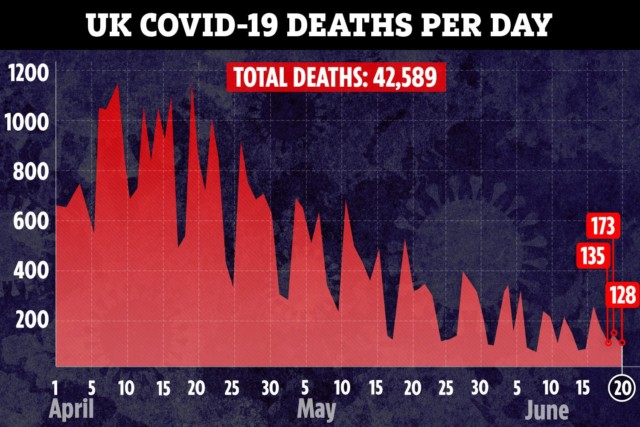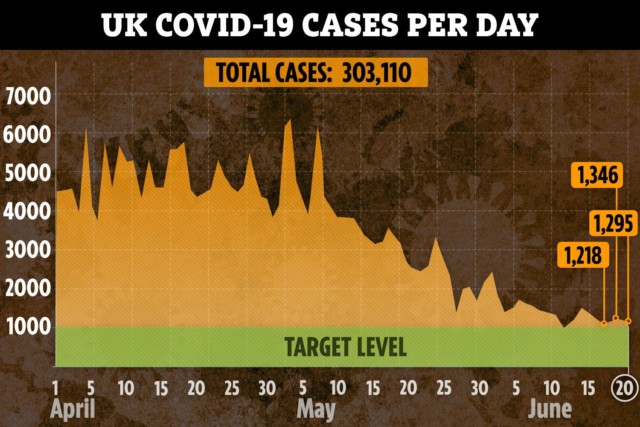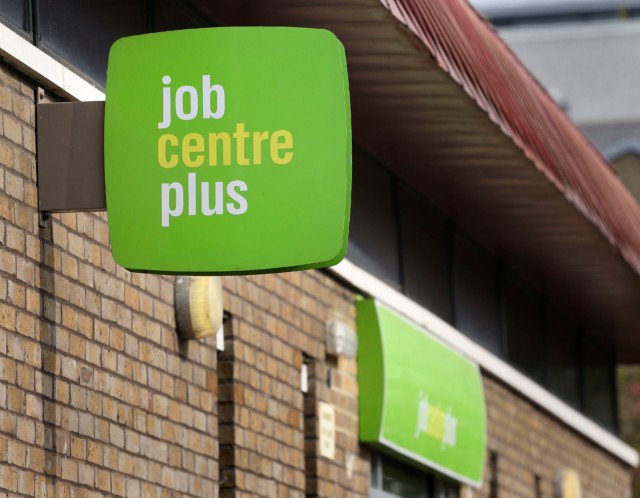STRUGGLING Brits on benefits should get an extra £20 a week to help them weather the coronavirus storm, a group of MPs have demanded.
Politicians on the influential DWP committee said that people who are old the old system – including millions of disabled people and carers – get the same £20 a week boost that people on Universal Credit have received.
The Committee heard of hardship being faced by people across the country during the coronavirus outbreak.
The Disability Benefits Consortium reported that 95 per cent of people surveyed had experienced a rise in costs for food, utilities and managing their health.
The DWP have claimed that their IT systems and infrastructure means it would take them months to increase benefits for people on the old benefits system.
Three million have now made a claim for Universal Credit since the start of the pandemic.
Stephen Timms MP, Chair of the Work and Pensions Committee, said: “The coronavirus pandemic has highlighted weaknesses in a social security system which at times is too inflexible and slow to adapt to support people in times of crisis.
“The focus has mostly been on the unprecedented numbers of new claims for Universal Credit.
“But in the background, people on legacy benefits—including disabled people, carers and people with young families—have slipped down the list of priorities.
“It’s now time for the Government to redress that balance and increase legacy benefits too.
“It’s simply not right for people to miss out on support just because they happen, through no fault of their own, to be claiming the ‘wrong’ kind of benefit.”

And they demanded that people who are not allowed to claim benefits or other help due to their immigration statue have the rule suspended during the pandemic.
Thousands of people who legally live and work in the UK are left unable to get help if they lose their jobs.
And they can struggle to get access to domestic violence help too.
Labour MP Jess Phillips is campaigning to end the discrimination of ‘no recourse to public funds’ and is fighting to change the law.
Speaking to HOAR last week she said: “Domestic violence abusers don’t discriminate, so we have to make sure our domestic violence laws do not discriminate.”
Immigrant women can only access the scheme if their visa is tied to their spouse – and lasts for three months.
Ms Philips hopes to see the scheme extended for six months, and opened up to women on student visa, work visas and ever tourist visas.
She said: “It shouldn’t matter – if you have just been beaten up or your life has been threatened, and you go to a police station, they should be able to say there is somewhere for you to go where you will be safe, no matter who you are, no matter where you come from.”


Mr Timms added “People whose immigration status leaves them with no recourse to public funds have been left with no support from the benefits system at all—and at risk of destitution and homelessness.
“Some have had to face the invidious choice between staying at home and facing financial ruin, for themselves and their children, or going to work and risking spreading the disease. The Government must suspend these rules for the duration of the pandemic.”
A DWP spokesperson said: “We rolled out measures that could be quickly and effectively put into place and that benefited those facing the most financial disruption.
“There have been more than 2.4 million new claims for Universal Credit since 16 March and the system has stood up to the test in a way which the paper-based legacy benefit system could not have, ensuring around 90% of people are paid in full and on time.
“We have made a number of changes to legacy and other working age benefits, such as increasing certain entitlements such as Local Housing Allowance, and introduced a range of additional measures to provide financial protection for those affected by COVID-19, including those with no recourse to public funds.”









